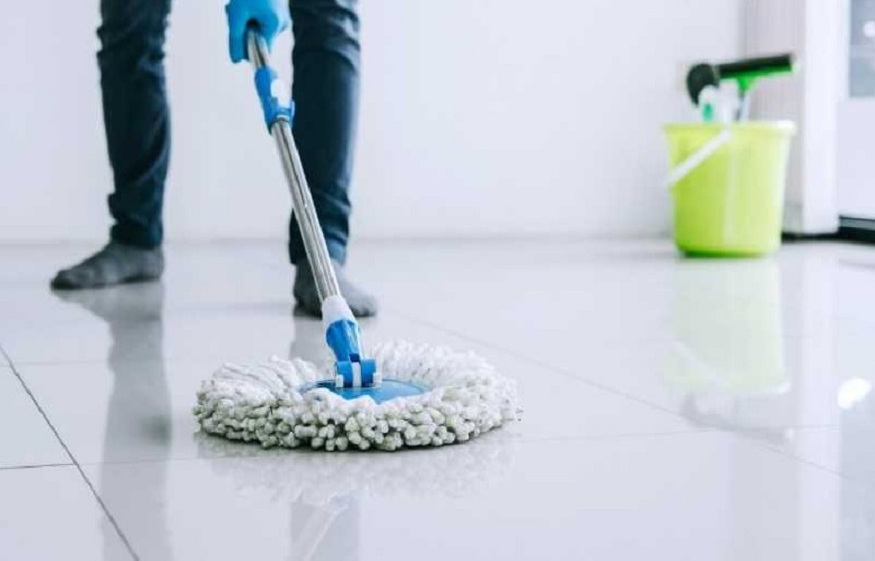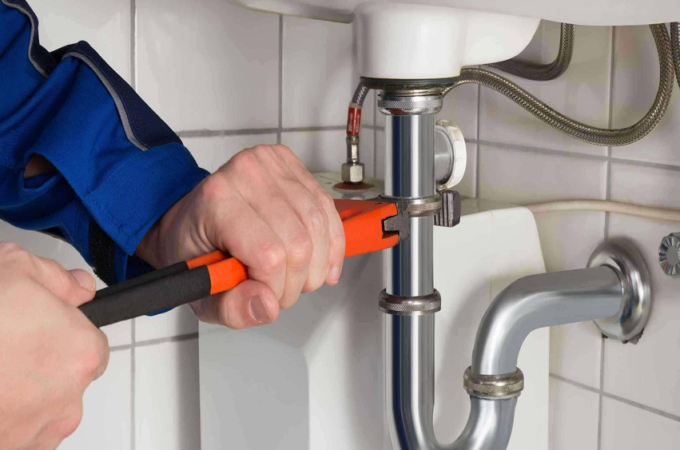
The Best Ways to Take Care of Your Stone
Damage caused by homeowners, cleaning services, janitorial service providers, and building service contractors that mishandle the care and upkeep of natural stone surfaces is typical in the stone care & restoration industry.
A standard error made by many homeowners is to use vinegar to clean calcium-based stones like marble or travertine. The acidity of vinegar causes the calcium in natural stone to become dull and rough-looking, so destroying the once-beautiful and exquisite finishes.
Stone care mistakes may be made by commercial customers, too. Commercial clients have called in the experts after a maintenance worker put a clear finish to 3000 square feet of engineered stone flooring without the proper training, experience, or credentials. Walking surfaces at this facility were dulled and damaged by the large volume of pedestrian activity while the walls were still sparkling. Pieces of the fragile finish fell free whenever the housekeeping service wet-washed the flooring.
We receive a lot of inquiries from individuals who are worried about the finish of their stone and want to know whether they can get away without having to replace it. Aside from offering restoration services, we’d like to provide some tips for preventing harm to natural stones when doing maintenance and cleaning tasks.
Tips and Tricks for Taking Care of and Maintaining Your Stone
- Squeegees should be kept clean and squeaky for business customers who use them to clean their stones.
- Any film-forming finish, including traditional floor finishes or “shiny” over-the-counter items, should not be applied to the floor.
- Do not use penetrating petroleum distillate products to avoid blocking the stone’s pores with an oily finish. Slip and fall incidents are more likely to occur if this is not fixed.
- Acidic polishing compounds, which stone care specialists may use, may cause significant harm if mishandled by untrained or inexperienced individuals. Keep an eye out for products that clean the toilet bowl. They should not be acidic if they are used near the natural stone.
- Do not use abrasive cleansers on showers or countertops, including “soft” abrasives. When abrasives are used on marbles, they may scrape and dull quickly.
- The majority of complex water removal treatments include some acid, so only use them if they explicitly mention that they are safe for natural stone.
A sealer is essential.
Spills will be repelled by a stone impregnating sealer, allowing you more time to clean up before the porous stone absorbs them and turns them into stains. A skilled stone restoration contractor can help you choose the suitable sealer for your stone and apply it correctly. Some acidic substances, such as vinegar or lemon juice, may leave etch scars on marble and other calcium-based stones, even if they have been adequately sealed.
These tips will assist you in avoiding causing any harm to yourself or your belongings. The following care and maintenance guidelines for natural stone surfaces should be communicated to cleaning, janitorial, and building service providers.





